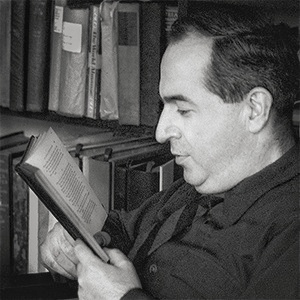A Quote by Eli Siegel
There is not one thing that music does which does not say something about how a person should organize himself, too.
Related Quotes
The Hopi, an Indian tribe, have a language as sophisticated as ours, but no tenses for past, present and future. The division does not exist. What does this say about time? Matter, that thing the most solid and the well-known, which you are holding in your hands and which makes up your body, is now known to be mostly empty space. Empty space and points of light. What does this say about the reality of the world?
How does one say in the jargon of musicology that my sould was pulled out of me and thrown up in the air, to be tossed about by the music. How does one say that I breathed, that I existed, in harmony with the ups and downs of those notes. What kind of notes both elevate and cast down, exalt and crush?
Sometimes people ask me this question in interviews and it is very difficult to answer. They say, 'Kouli, how does it feel when the fans make these racist howls at you? Does it bother you? What should be done?' I think that until you have lived it, you cannot really understand. It is such an ugly thing, and it is hard to talk about.
Grown-ups love figures... When you tell them you've made a new friend they never ask you any questions about essential matters. They never say to you "What does his voice sound like? What games does he love best? Does he collect butterflies? " Instead they demand "How old is he? How much does he weigh? How much money does his father make? " Only from these figures do they think they have learned anything about him.
Those are the stakes that are constantly there and how do those stakes change you? How does that change the person you are? If it does just turn out to be about survival then is that living? How does that make you, you? How does that change your identity? That picture of the governor, his wife, and his daughter, he wasn't that guy before this all started. People dying around him changed him into that.
Bacon's portraits are an interrogation on the limits of the self. Up to what degree of distortion does an individual still remain himself? To what degree of distortion does a beloved person still remain a beloved person? For how long does a cherished face growing remote through illness, through madness, through hatred, through death still remain recognizable? Where is the border beyond which a self ceases to be a self?







































